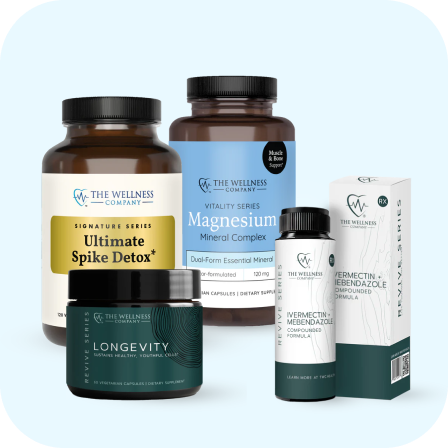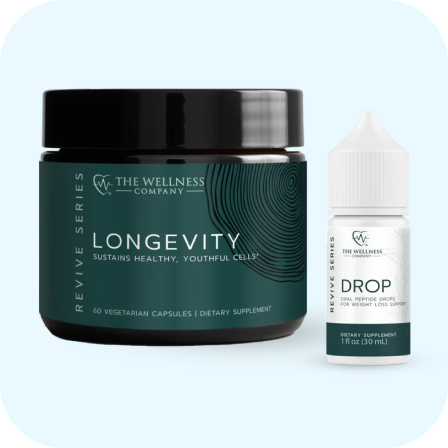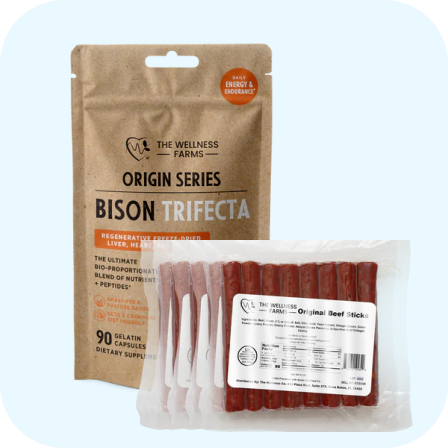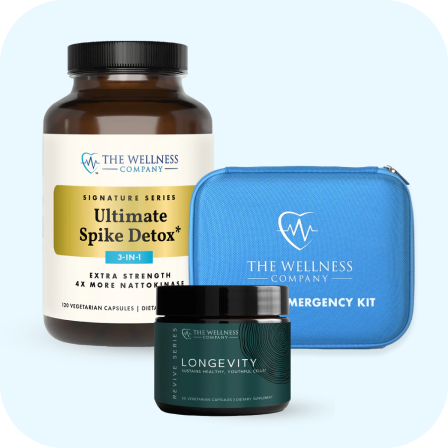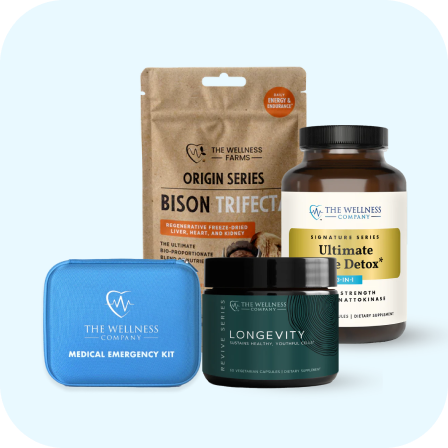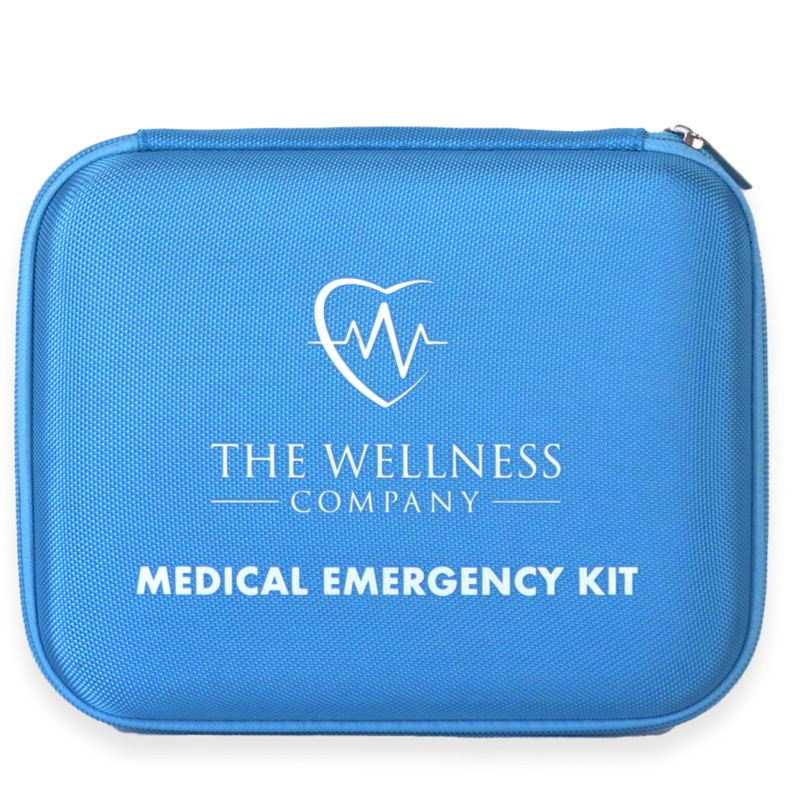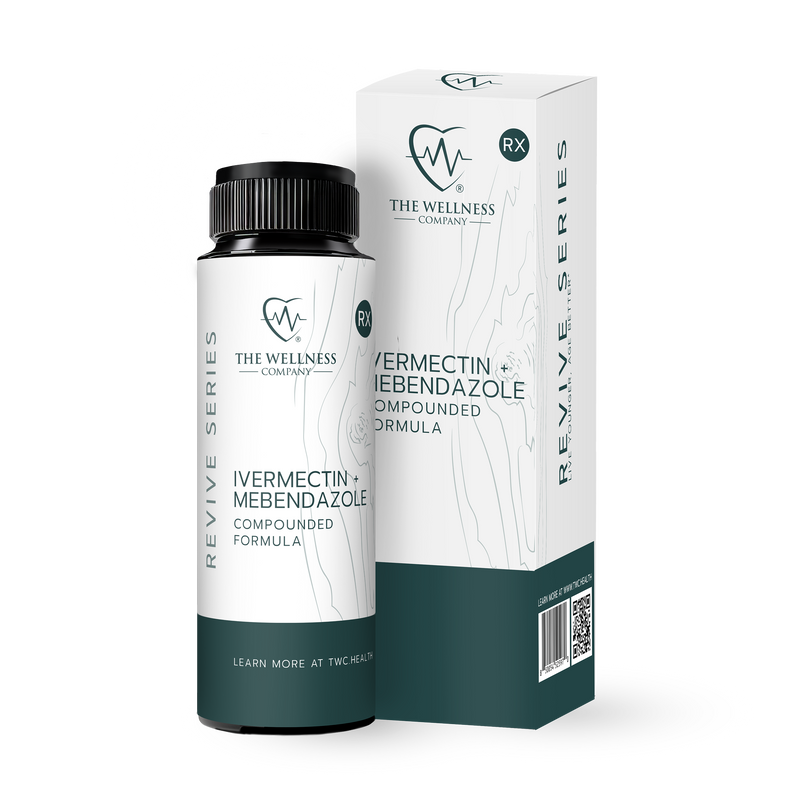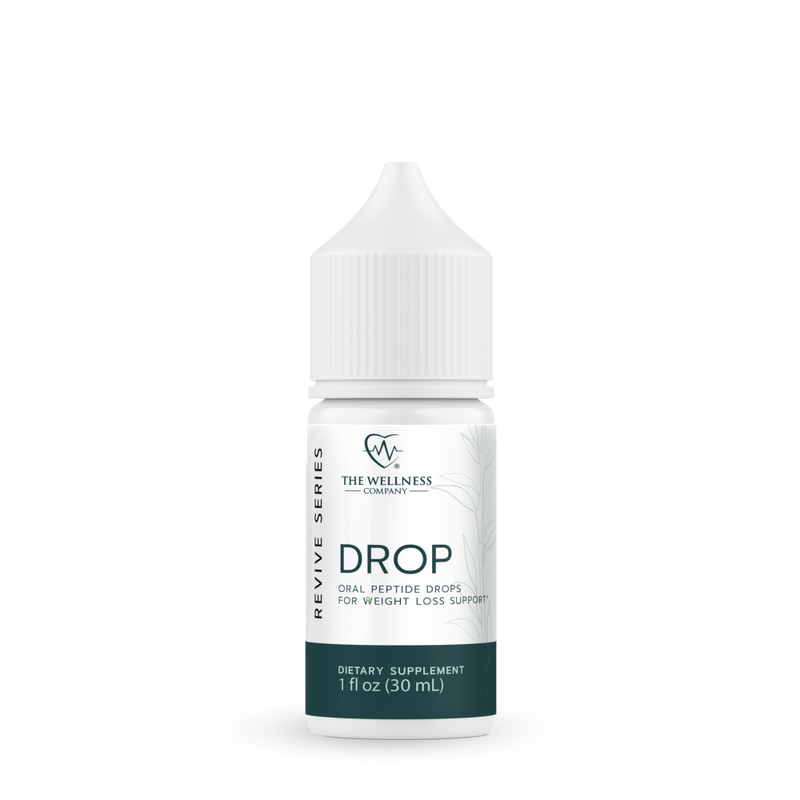Radiant skin - Naturally

Liver Peptides for Radiant Skin
Peptides—short chains of amino acids—play a vital role in maintaining skin health by stimulating collagen production, improving elasticity, and reducing wrinkles. Collagen, the most abundant protein in the skin, relies on peptides like hydroxyproline to maintain its structure. While topical skincare can help, consuming collagen-rich foods provides the building blocks your body needs to repair and rejuvenate skin from within.
Liver—Skin’s Unsung Hero
Liver is a nutritional powerhouse that offers unique benefits for skin health, far beyond what isolated peptide supplements can provide. While peptides like GHK-Cu (Glycyl-L-Histidyl-L-Lysine Copper Complex) are well-known for their skin-rejuvenating effects, consuming whole liver delivers a natural, complex source of these peptides along with a host of other essential nutrients that work together to promote skin regeneration and resilience. (1)
The Power of Liver-Derived Peptides
- The liver is a rich source of GHK-Cu, a peptide shown to tighten loose skin, improve elasticity, reduce wrinkles, and stimulate collagen and elastin production. (2)
- GHK-Cu levels in the body naturally decline with age, which correlates with decreased skin repair and firmness. Eating liver can help replenish these peptides naturally, supporting youthful skin. (3)
- Liver also contributes to collagen metabolism, releasing collagen peptides that stimulate new collagen production in skin fibroblasts, enhancing skin structure and firmness. (4)
Why Whole Liver Outperforms Peptide Supplements
- Liver contains a synergistic mix of peptides, amino acids, vitamins (A, B12), minerals (zinc, copper), and antioxidants. These nutrients collectively support skin repair, reduce inflammation, and protect against oxidative stress. (5)
- Peptide supplements typically focus on a single compound, missing out on the full nutrient profile and natural cofactors found in liver that enhance the effectiveness and bioavailability of peptides.
- The natural form of peptides in liver, combined with its other nutrients, is more readily absorbed and utilized by the body compared to many synthetic supplements.
How Liver-Derived Peptides Benefit Skin
- Liver peptides act as signaling molecules, stimulating fibroblast activity, collagen synthesis, and extracellular matrix formation for firmer, more resilient skin. (6,7)
- They help reduce inflammation by suppressing pro-inflammatory cytokines, reducing oxidative stress, and protecting skin cells from damage. (6,7)
- Liver-derived peptides also shield skin from oxidative stress, promoting healing and maintaining a strong skin barrier.
Eating liver offers a holistic and natural approach to skin health by providing a complete package of peptides and essential nutrients that work together to repair, protect, and rejuvenate the skin—far more effectively than relying on isolated peptide supplements alone.
What if I Don’t Like Liver?
Freeze-dried bison liver capsules deliver the same power-packed, nutrient-rich punch as fresh liver. Check out our Origin Series Bison Liver Capsules for an easy, convenient way to get the vital nutrients needed for glowing, radiant skin.
Citations
- Pickart L, Vasquez-Soltero JM, Margolina A. GHK and DNA: resetting the human genome to health. Biomed Res Int. 2014;2014:151479. doi:10.1155/2014/151479.
- Pickart L, Margolina A. Regenerative and Protective Actions of the GHK-Cu Peptide in the Light of the New Gene Data. Int J Mol Sci. 2018 Jul 7;19(7):1987. doi:10.3390/ijms19071987.
- Pickart L, Vasquez-Soltero JM, Margolina A. GHK Peptide as a Natural Modulator of Multiple Cellular Pathways in Skin Regeneration. Biomed Res Int. 2015;2015:648108. doi:10.1155/2015/648108.
- Proksch E, et al. Oral intake of specific bioactive collagen peptides reduces skin wrinkles and increases dermal matrix synthesis. Skin Pharmacol Physiol. 2014;27(3):113-9. doi:10.1159/000355523.
- Olson JA, Hodges RE. Nutritional composition and health benefits of liver. Advances in Nutrition. 2019;10(2):123-134.
- Zhang Y, et al. Bioactive peptides derived from food proteins: A review of production, bioactivities, and applications. npj Science of Food. 2024;8:36. doi:10.1038/s41538-024-00367-7.
- Borumand M, Sibilla S. Collagen peptides affect collagen synthesis and gene expression in human dermal fibroblasts. Frontiers in Medicine. 2024;11:1397517. Read full article.
Written By Brooke Lounsbury







